Stories about "Maine/world"
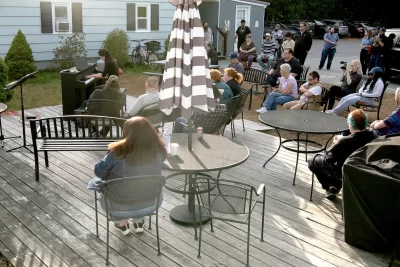
At a Lewiston clubhouse, a musical performance that’s ‘less about perfection, and more about connecting’
Friday, November 1, 2024 1:24 pm
Two Bates students and a newly appointed professor of music helped to bring the soothing beauty of music, through piano and voice, to an audience at the Looking Ahead Clubhouse, a vocational center in Lewiston for adults living with mental illness.

October 25 Remembrance Service: ‘We reflect and we renew our commitments to each other’
Friday, October 25, 2024 4:38 pm
One year after the Lewiston shootings, today's Remembrance Service in Gomes Chapel offered an opportunity to "meet in shared grief, and care, and in love, and also in shared reflection and hope for our neighbors — our city — our community," said President Garry W. Jenkins.

‘They’re doing it’: Founded by students in 1995, Bates EMS stays grounded in care
Friday, October 4, 2024 9:39 am
Founded in 1995 by four students with a budding interest in EMT work, Bates Emergency Medical Services, grounded in caring for one’s community, is integral to how Bates supports the well-being of its campus.
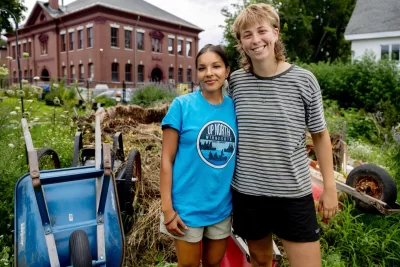
Part 2: Skills, surprises, epiphanies as Bates students share summer experiences
Friday, September 27, 2024 2:41 pm
This past summer, Bates offered 128 Purposeful Work internships in 18 states,…

Raising $32k, Bates wins College Cup at 2024 Dempsey Challenge
Friday, September 27, 2024 2:15 pm
Accepting the cup from actor Patrick Dempsey was a Bates student and rower who is in his own battle with cancer.
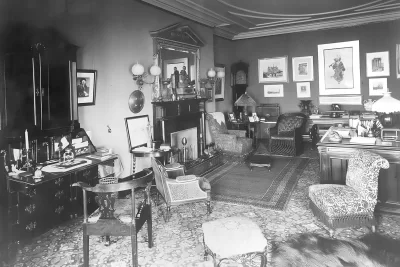
What’s in a Lewiston Name: Skinner
Friday, September 27, 2024 1:12 pm
This 19th-century name belongs to an early investor in Lewiston’s cotton mills, but today it's no longer affixed to any Lewiston place.
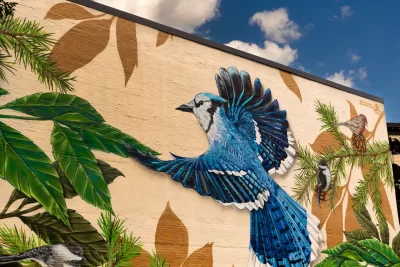
Picture Story: A new wave of public art in downtown Lewiston
Friday, September 13, 2024 2:48 pm
Colorful, surprising, and shared by all, a new wave of downtown public art builds community in Lewiston.
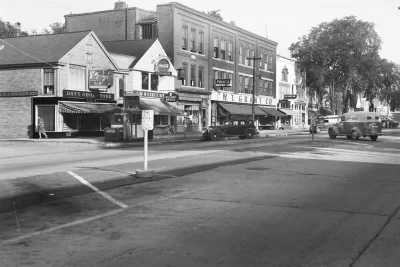
Faculty in the News: Joe Hall corrects and deepens the Native, pre-colonist history of two Maine downtown landmarks
Friday, August 23, 2024 11:41 am
History professor Joe Hall uses his faculty expertise to help deepen the historical record about how two landmarks in Brunswick, Maine, came to be.
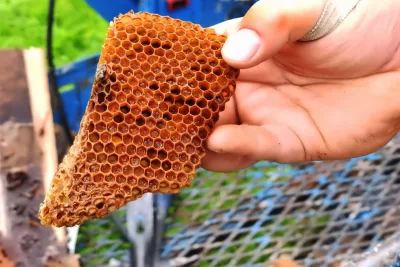
Beegone! From discovery to relocation, Hathorn Hall’s honeybee hive had Bates buzzing
Wednesday, July 31, 2024 1:46 pm
Historic Hathorn Hall is home to faculty offices in English, neuroscience, and mathematics, plus several administrative offices and classrooms. And until last week, it was also the residence of around 50,000 honeybees.
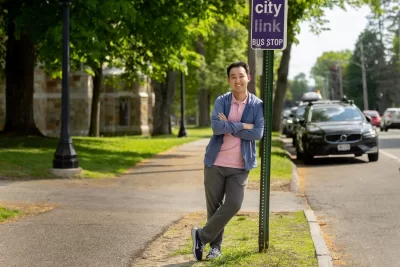
A welcoming bus stop and bird-safe windows are among 2024 Green Grant initiatives
Friday, May 31, 2024 1:18 pm
This spring, three of four $2,000 Green Innovation Grants — totalling $8,000 — helped fund or start three new sustainability initiatives at Bates: a bus stop, bird-safe window treatment and recycling signs for residence-hall rooms.